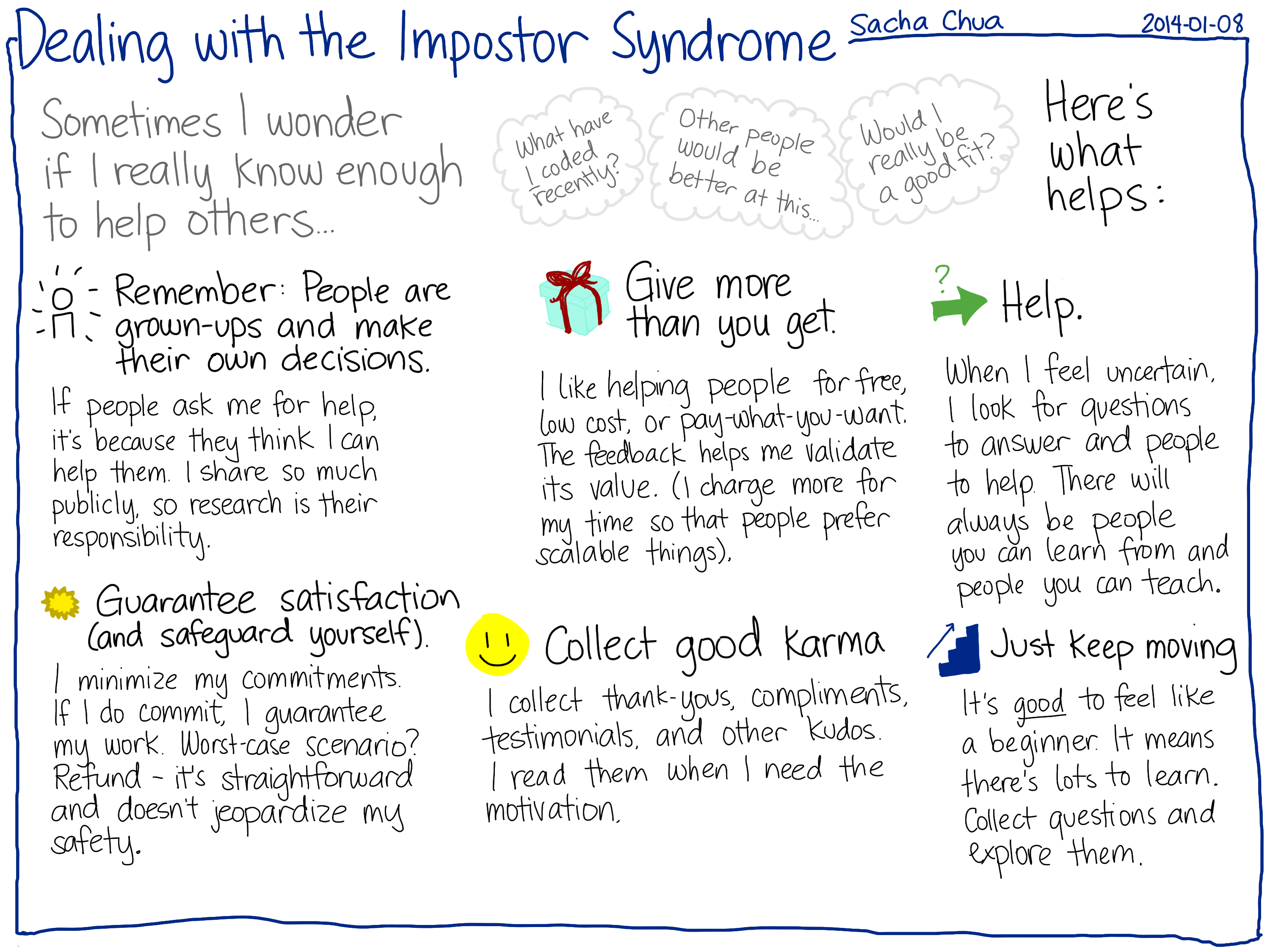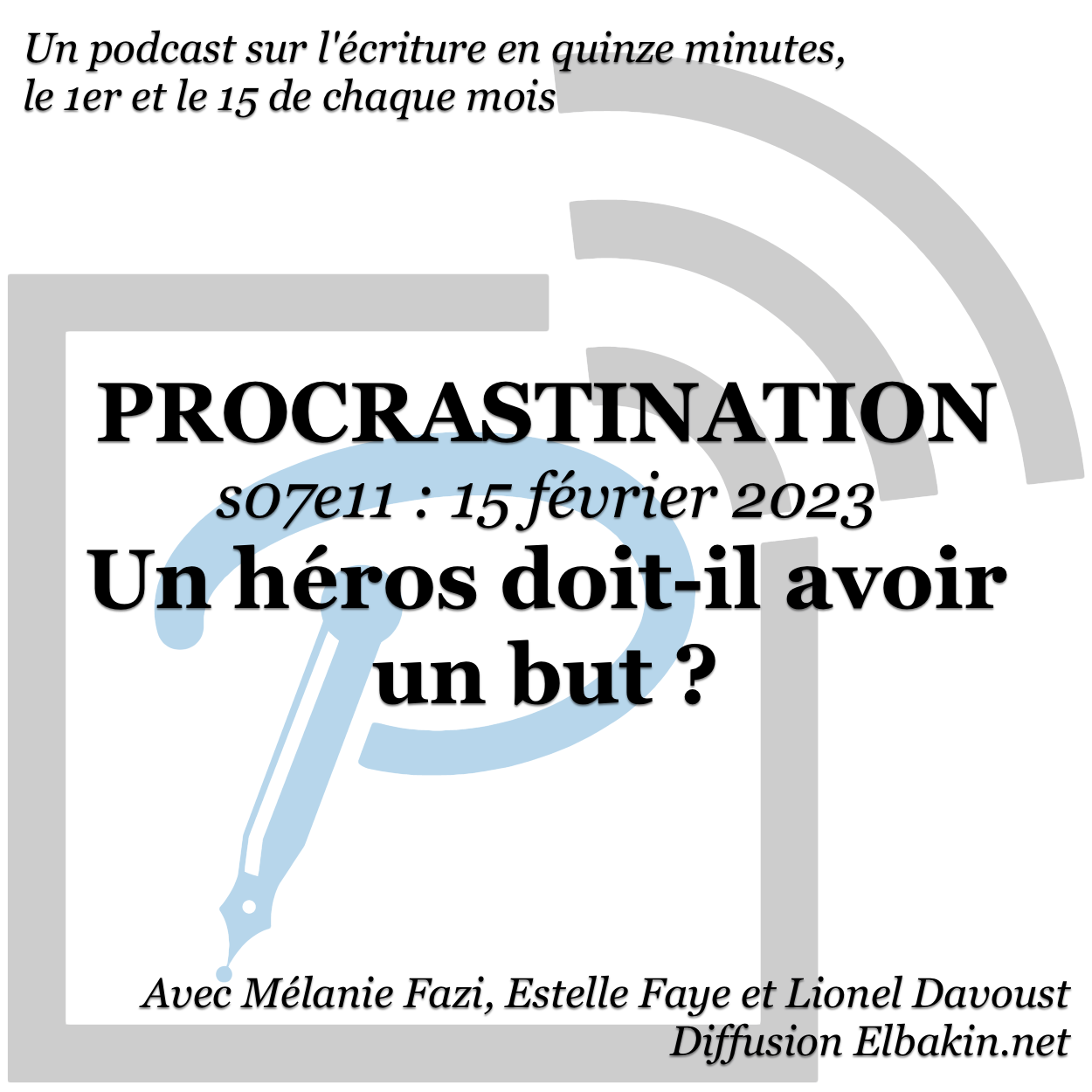Breaking Down the Impact of Procrastination, Emotional Dependency, and Impostor Syndrome
Breaking Down the Impact of Procrastination, Emotional Dependency, and Impostor Syndrome
Blog Article
Why do some individuals struggle with emotional dependency or impostor syndrome? Science offers fascinating insights into these behaviors, helping us understand their roots and possible solutions.
In this article, we will examine the psychological mechanisms behind procrastination, emotional dependency, and impostor syndrome. By understanding their underlying causes, you can take actionable steps toward self-improvement.
What is Procrastination?
Procrastination is often misunderstood as simple laziness; it’s a complex psychological phenomenon. Studies in neuroscience show that conflict between brain regions often leads to procrastination.

The o que dependência emocional limbic system, which governs emotions and immediate gratification, tends to override the prefrontal cortex. This results in prioritizing short-term comfort over long-term goals. Cognitive behavioral therapy (CBT) can assist in retraining the brain to focus on productive habits.
What is Emotional Dependency?
Emotional dependency is deeply tied to attachment theory. According to research that childhood experiences and relational dynamics play a significant role in shaping dependency behaviors.
For example, people with insecure attachment styles may struggle to feel secure without constant validation. Breaking this cycle involves building emotional self-reliance through therapeutic interventions.
What is Impostor Syndrome?
Impostor syndrome is rooted in cognitive distortions, such as overgeneralization and perfectionism. Studies in cognitive science indicate that individuals with impostor syndrome exhibit thought patterns that undermine their confidence.

These distortions lead to a “fear of being found out” and a reluctance to internalize achievements. Strategies like restructuring thought patterns and mindfulness-based stress reduction (MBSR) are scientifically backed ways to combat these feelings.
Practical Solutions Backed by Science
Understanding the science is the first step, but implementing evidence-based solutions is critical. Here are some proven methods:
- Procrastination: como se livrar de dependência emocional Use implementation intentions—specific plans that link a goal to a cue, such as “If it’s 9 AM, I will start writing my report.”
- Emotional Dependency: Practice self-differentiation, a technique where you focus on identifying your own needs separate from others’ expectations.
- Impostor Syndrome: Keep a success journal to document your accomplishments and review them regularly to challenge distorted self-perceptions.
These approaches have been validated through extensive research, making them effective pathways to improvement.
Conclusion: Science as a Guide to Personal Growth
These challenges can be managed effectively when approached with a scientific mindset. With evidence-based tools and self-awareness, you can overcome these barriers.
Awareness is the key to growth. Take the first step today by applying these strategies to unlock your potential and thrive.
Report this page